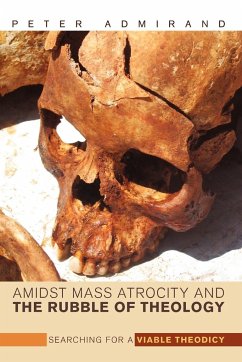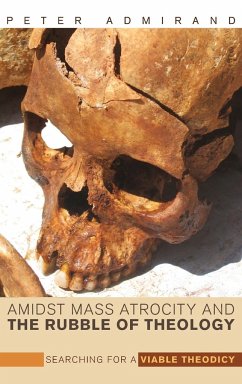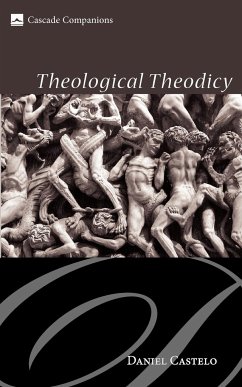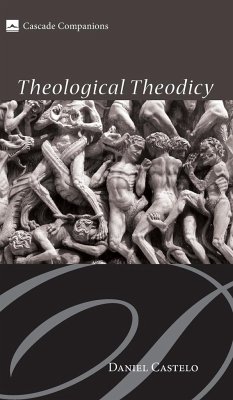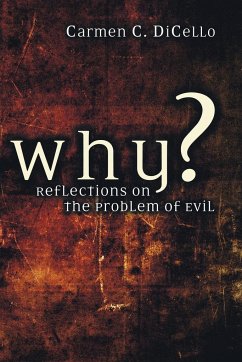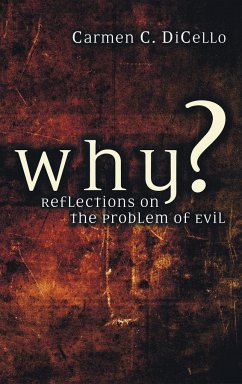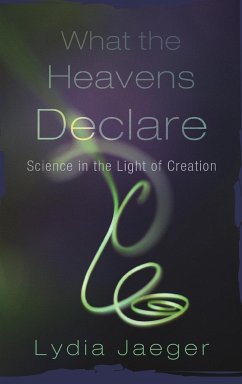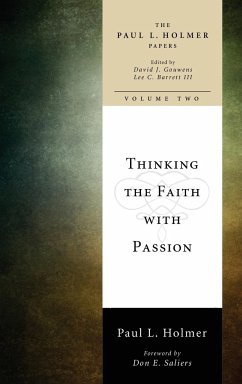It is hubris to claim answers to unanswerable questions. Such questions, however--as part of their burden and worth--must still be asked, investigated, and contemplated. How there can be a loving, all-powerful God and a world stymied by suffering and evil is one of the unanswerable questions we must all struggle to answer, even as our responses are closer to gasps, silences, and further questions. More importantly, how and whether one articulates a response will have deep, lasting repercussions for any belief in God and in our judgments upon one another. Throughout this wide-ranging, interdisciplinary work, Peter Admirand draws upon his extensive research and background in theology and testimonial literature, trauma and genocide studies, cultural studies, philosophy of religion, interreligious studies, and systematic theology. As David Burrell writes in the Foreword: "". . .[T]he work's intricate structure, organization, and development will lead us to appreciate that the best one can settle for is a fractured faith built on a fractured theodicy, expressed in a language explicitly fragmented, pluralist, and broken.""

